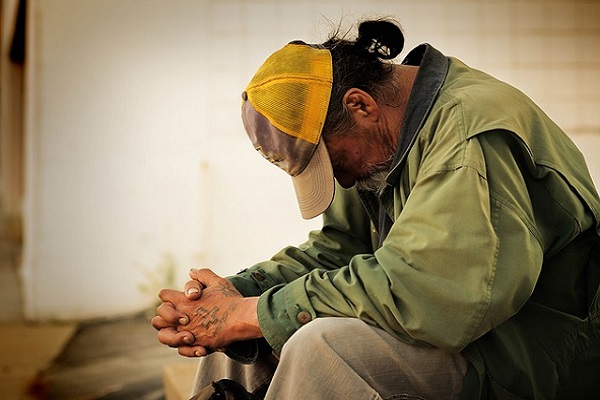
A Portland Church is a Building a Village for Homeless People
- By Nathan Glover --
- 29 Apr 2019 --

The Agape Village, designed to help the homeless on a path to self-empowerment, is scheduled to open this summer.
The Central Church of the Nazarene in Portland, Oregon, has commenced construction of 15 small shelters inside its 11-acre property.[/tweetit] The Agape Village is viewed as a tangible solution to help Southeast Portland’s homeless and assist in putting them on a path to self-empowerment. The village is scheduled to open in June or July of 2019.
A Portland Church is a Building a Village for Homeless People[/tweetthis]
The Agape Village is listed as a nonprofit faith-centric initiative designed to offer a substantive response in a predominantly under-resourced community when it comes to providing the homeless safe places to stay. Those who want to stay in the village must make an application. The applicants will then pass a screening process which will filter out sexual offenders.
Agape Village residents must follow five fundamental rules. They must not engage in violence, theft, partake in drugs or alcohol and disruptive behavior is not allowed. Every resident must put in a few volunteer hours to better the community. The maximum population will be 25 residents and they are expected to attend weekly meetings.
Pastor Matt Huff of Central Church of the Nazarene said the initiative began with the desire of the church to love God more effectively which implies loving the neighbor. Since the church is in an area where there are no houses, it has witnessed people living on church property from the time it opened. The Agape Village idea came after church officials saw the work done by similar programs like the Opportunity Village initiative in Eugene and Portland’s Kenton Woman’s Village. The Agape Village model has taken ideas from the other villages visited by the pastor.
Shoutout to Central Church Nazarene in Portland as they build a small community of tiny houses for homeless people. They’re not even forcing them to go to church. Just showing them love by helping people in need. Look up Agape Village if you get a chance.
— Aaron Flynn (@AaronFlynn) April 29, 2019
Groundwork on Agape Village started during the summer of 2018. The houses are being constructed by a volunteer workforce which builds mostly on weekends. The village will be an assembly of 15 “sleeping pods” which has 96 square feet for each pod. These pods will run on solar-powered batteries which will enable residents to charge their mobiles. None of the pods will be connected to the grid and thus there will be no heating or plumbing. Residents of the village will share a central common meeting place, a bathroom fitted with a shower, and a kitchen. The village itself will be self-governed and under the oversight of Agape Village Board.


















